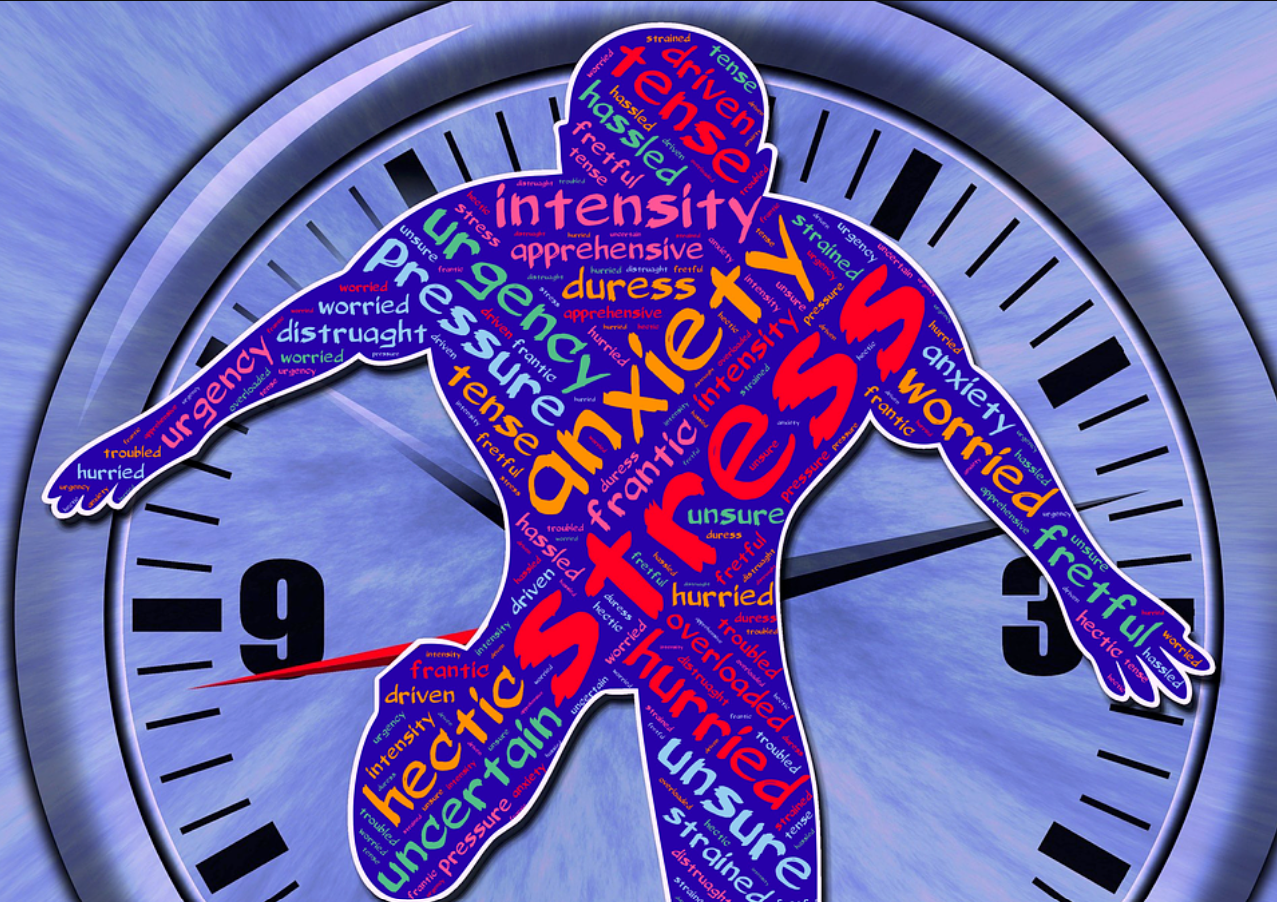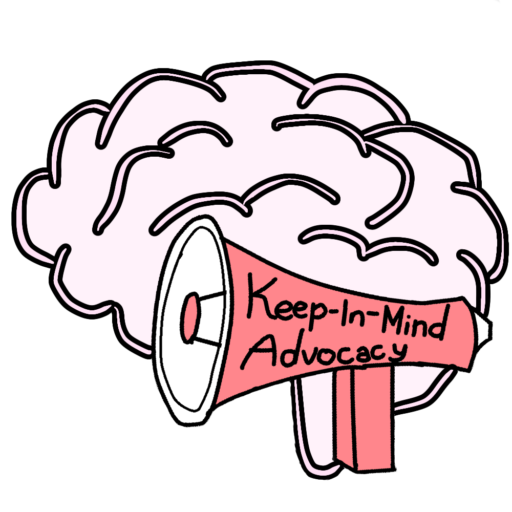DISCLAIMER. THIS IS MY OPINION. Unless stated by a source, it is all opinion-based. Do not use these, if stated otherwise by your doctor.
Brace yourself. Writing this and researching it, I started to regret past study/test situations.
Tests come up quickly, and sometimes you don’t know you have them until they’re in five minutes, and you need to get into the classroom immediately! Just me? Okay, well anyways. Tests are incredibly stressful, at least for me, so I tend to panic when the time comes. I think my exact words when I was writing my Chemistry test was “It feels like my brain is collapsing in on me.”
Now that diplomas are around the corner for me, failing tests is no longer an option -like it ever was, but that’s beside the point- and excellent grades are required for University. Zoning in on a test, without hyperventilating is extremely important. Lately, my teachers have made me log into a Zoom classroom with my camera on so they may monitor my test, however, trying not to freak out in front of my teacher and peers is even more stressful than the test at times.
I did some research into finding tons of sites with test anxiety suggestions, so I’m going to put the top site that seemed to help reduce my panic attacks. I then tested them.
Mayo Clinic
What works-
- Establish a consistent pretest routine. Learn what works for you, and follow the same steps each time you get ready to take a test. This will ease your stress level and help ensure that you’re well-prepared.
- Talk to your teacher. Make sure you understand what’s going to be on each test and know how to prepare. In addition, let your teacher know that you feel anxious when you take tests. He or she may have suggestions to help you succeed.
- Don’t forget to eat and drink. Your brain needs fuel to function. Eat the day of the test and drink plenty of water. Avoid sugary drinks such as soda pop, which can cause your blood sugar to peak and then drop, or caffeinated beverages such as energy drinks or coffee, which can increase anxiety.
- Get plenty of sleep. Sleep is directly related to academic performance. Preteens and teenagers especially need to get regular, solid sleep. But adults need a good night’s sleep, too, for optimal work performance.
- Don’t ignore a learning disability. Test anxiety may improve by addressing an underlying condition that interferes with the ability to learn, focus or concentrate — for example, attention-deficit/hyperactivity disorder (ADHD) or dyslexia. In many cases, a student diagnosed with a learning disability is entitled to assistance with test taking, such as extra time to complete a test, testing in a less distracting room or having questions read aloud.
Why it helped-
- My routine is walk around for about twenty minutes before I start it. Then when I log in and begin the test, I write down any vocabulary, stupid facts, or acronyms before I begin my questions. I ALWAYS read the entirety of the test before I begin my tests, because I’m always crossing my fingers the last question says “Ignore everything, rip up the fake test and get out of here”. Hasn’t happened yet, unfortunately.
- I do talk to my teacher, and she generally goes over what to expect, so I’m not surprised.
- I tend to eat while I’m doing my test. Since I do online, it’s fine for me to eat and test, but I don’t know if brick and mortar schools allow it.
- Sleep isn’t for the weak, it’s for the ones who wanna graduate highschool. Just my opinion though…
- Don’t ignore a disability! Inform your teachers, they are there to do their job!
What hasn’t worked-
- Learn how to study efficiently. Your school may offer study-skills classes or other resources that can help you learn study techniques and test-taking strategies. You’ll feel more relaxed if you systematically study and practice the material that will be on a test.
- Learn relaxation techniques. To help you stay calm and confident right before and during the test, perform relaxation techniques, such as deep breathing, relaxing your muscles one at a time, or closing your eyes and imagining a positive outcome.
- Get some exercise. Regular aerobic exercise, and exercising on exam day, can release tension.
Why it hasn’t-
- I already know how to study efficiently. I learn best via doing, so flipping the flashcards in my hands, definetly helps tie me to a physical connection.
- I don’t relax. Focusing on my breathing makes me forget how to breathe, which makes me even more anxious.
- Excercise tires me out, and it reduces the amount of energy and concentration I hold. This also makes me panic a slight bit more than it should.
And there you have it! There is a list of calming techniques that have worked for me, and the others which didn’t. If the ones that didn’t work for me, worked for you, that’s amazing! If none of them worked, I intend on posting another post like this one in the future, using a different site.
How to reduce test anxiety. (2017, August 3). Mayo Clinic. https://www.mayoclinic.org/diseases-conditions/generalized-anxiety-disorder/expert-answers/test-anxiety/faq-20058195


Comments are closed